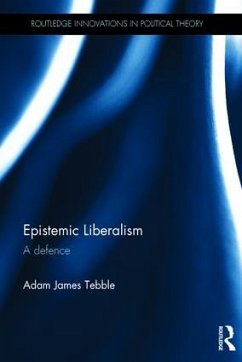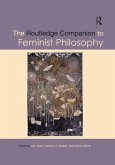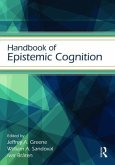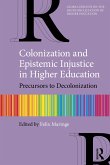How should the State respond to the different identity-based justice claims made by its citizens? To what extent should majority societies accede to the claims of immigrant groups whose values are so different to, and sometimes in conflict with, their own? Drawing on the work of economist and political theorist Friederich Hayek, the author builds a major critique of contemporary responses to cultural diversity and their underlying principles of justice. Critically examining multicultural, nationalist and liberal egalitarian approaches, the author claims that in their differing ways these schools of thought fail to recognise the proper task of cultural justice. Tebble claims one of the principal tasks of justice is to go beyond the provision of institutions that assume a particular conception of the good, or of an idealised vision of relations between different communities and the values they endorse. Instead, the book emphasises the need for strictly neutral institutions, founded upon the commitment to individual freedom and equality, that permit the discovery of what cultural justice requires. Epistemological Liberalism seeks to defend an 'epistemological' account of liberalism that emphasises social complexity rather than cultural diversity or homogeneity and which, it is claimed, is the most appropriate response to the challenge facing modern, culturally diverse societies. An invaluable contribution to contemporary debates about justice, this book will be of interest to students and scholars of culture and identity, contemporary political theory/philosophy and liberal political theory.
In the wake of what has come to be called the 'cultural turn', it is often asked how the state should respond to the different and sometimes conflicting justice claims made by its citizens and what, ultimately, is the purpose of justice in culturally diverse societies. Building upon the work of a diversity of theorists, this book demonstrates that there is a distinct 'epistemic' tradition of liberalism that can be used to critique contemporary responses to cultural diversity and their underlying principles of justice. It critically examines multicultural, nationalist and liberal egalitarian approaches and argues that an epistemic account of liberalism, that emphasises social complexity rather than cultural diversity or homogeneity, is the most appropriate response to the question of justice in modern culturally diverse societies. Epistemic Liberalism will be of interest to students and scholars of contemporary political theory and philosophy, liberal political theory and the politics of culture and identity.
Hinweis: Dieser Artikel kann nur an eine deutsche Lieferadresse ausgeliefert werden.
In the wake of what has come to be called the 'cultural turn', it is often asked how the state should respond to the different and sometimes conflicting justice claims made by its citizens and what, ultimately, is the purpose of justice in culturally diverse societies. Building upon the work of a diversity of theorists, this book demonstrates that there is a distinct 'epistemic' tradition of liberalism that can be used to critique contemporary responses to cultural diversity and their underlying principles of justice. It critically examines multicultural, nationalist and liberal egalitarian approaches and argues that an epistemic account of liberalism, that emphasises social complexity rather than cultural diversity or homogeneity, is the most appropriate response to the question of justice in modern culturally diverse societies. Epistemic Liberalism will be of interest to students and scholars of contemporary political theory and philosophy, liberal political theory and the politics of culture and identity.
Hinweis: Dieser Artikel kann nur an eine deutsche Lieferadresse ausgeliefert werden.








